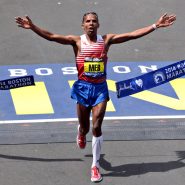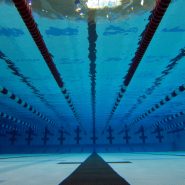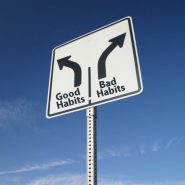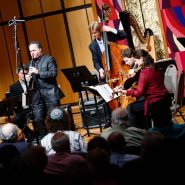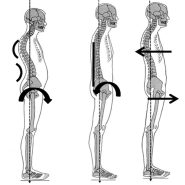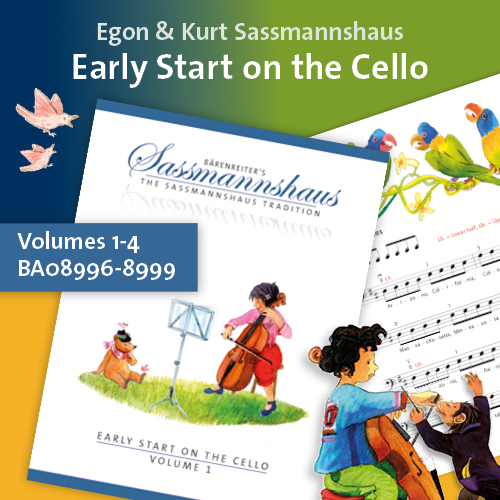Tag: training
By Jonathan Thomson February 25, 2015
Subjects Playing Healthy, Practicing
By Jonathan Thomson February 1, 2015
Subjects Practicing
Tags cellobello, CelloBlog, Jonathan Thomson, Marathon, training
By Jonathan Thomson October 31, 2014
Subjects Practicing
Tags cello, cellobello, CelloBlog, Jonathan Thomson, Practice, sports, training
By Melissa Kraut March 14, 2013
Subjects Artistic Vision, Practicing
Tags achieve a common goal, athlete, bleachers, cello, cellobello, chamber music, Cleveland Institute of Music, competitions, discipline, early morning practice, eat well, exercise, frustration, getting enough sleep, high school orchestra assembly, increments, Interlochen Arts Academy, letter jacket, Melissa Kraut, orchestra, passion, pool, professor, progress, refine a skill, Reflections fro the bleachers, repetition, sick, sleep well, stretch, successful musicians, swimming, swimming mom, tempo, timing, training, unhealthy, Wenger chairs
By Selma Gokcen November 5, 2012
Subjects Playing Healthy, Practicing
By Selma Gokcen June 15, 2012
Subjects Playing Healthy
By Aron Zelkowicz July 16, 2011
Subjects Artistic Vision
By Selma Gokcen May 18, 2011
Subjects Playing Healthy
Tags Alexander Technique, artistry, artists, back, balance, body awareness, Coordination, gestures, Gokcen, Habits, head, nature, productive, Selma, sensory awareness, Spine, sports, training
